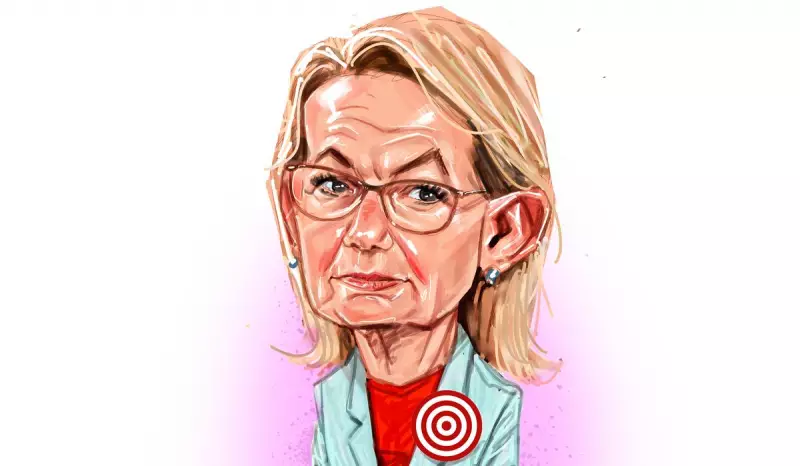
Australia's Liberal Party is poised to formally abandon its net zero emissions target under new leader Sussan Ley, marking the latest chapter in the Coalition's long history of climate policy inconsistency that dates back to John Howard's government.
A Legacy of Climate Policy Reversals
The Coalition's credibility on climate action has been questionable for nearly two decades. Former Prime Minister John Howard, who championed coal and gas while investigating nuclear options, experienced what many called a 'Road to Damascus' conversion during the 2007 election campaign. Facing potential political annihilation, Howard suddenly proposed Australia's first emissions trading scheme. Voters saw through the abrupt policy shift, and Howard lost both the election and his own seat.
Tony Abbott maintained greater consistency, having famously declared climate change 'absolute crap' before taking power and implementing policies that reflected this scepticism. His successor, Malcolm Turnbull, promised he would never lead a party that didn't share his commitment to climate action - then promptly watered down his emissions policies to appease the party's climate sceptics, only to be deposed anyway.
Perhaps most dramatically, Scott Morrison theatrically waved a lump of coal in parliament while declaring 'Don't be afraid, don't be scared, it won't hurt you.' Years later, he forged an unlikely consensus committing the Coalition to net zero by 2050, calling it one of his significant achievements, before recently rejecting 'net zero at any cost' as 'just ideology.'
The Current Climate Conundrum
During this 18-year period of policy uncertainty, 28 coal-fired power stations announced their closure, mostly under Coalition governments. Promises that gas would fill the energy gap fell woefully short, leaving Australian consumers facing increasingly expensive power bills.
Now, under Sussan Ley's leadership, the Liberal Party will effectively dump net zero - though not completely. As predicted, the Liberals have settled on a position that maintains commitment to the Paris Agreement and its ambition of achieving 'a balance between carbon emissions and removals by the second half of the century.' This translates to supporting net zero after 2050, without formally admitting it.
Political Implications and Power Bill Pain
The Opposition now aims to unite behind one principal objective: stop internal fighting and turn their focus onto the Government. Labor appears vulnerable on energy policy, with the promised renewables revolution yet to materialise in reduced household costs.
Prime Minister Anthony Albanese recently enjoyed 'a field day' attacking what he called the 'Liberal clown show' on climate policy. However, his confidence faded when questioned about when Australian households could expect relief from soaring electricity bills. He cannot provide an answer, creating what analysts see as an enormous political problem for his government.
The situation appears likely to worsen in the short term. With state rebates already withdrawn and the federal government's $300 rebate possibly lapsing next month, households face significant increases. Queensland families could see annual bills rise by $1300, while Western Australian and other state residents face up to $700 in additional costs.
For a depleted Opposition, these rising bills present an unmissable political target. Ditching a leader under these circumstances would seem 'crazy brave,' particularly given Ley's competence and the historic significance of her being the Liberal Party's first female leader.
The recent spectacle of conservative MPs - including three women strategically positioned at the front - marching into the party room served as a thinly veiled leadership threat. Yet removing the party's first female leader barely six months after her election would risk alienating the younger, moderate, and mostly female voters the Liberals desperately need to win back urban seats.
As power bills continue climbing and climate policy remains in flux, Australian voters are left questioning whether consistency and credibility will ever become the Coalition's strong suits.






